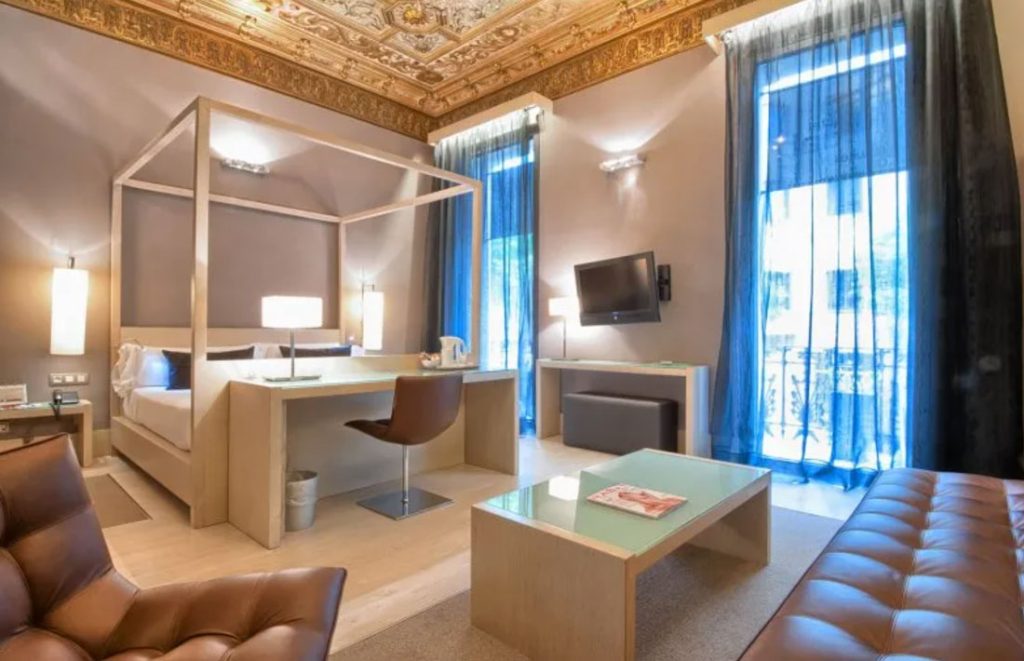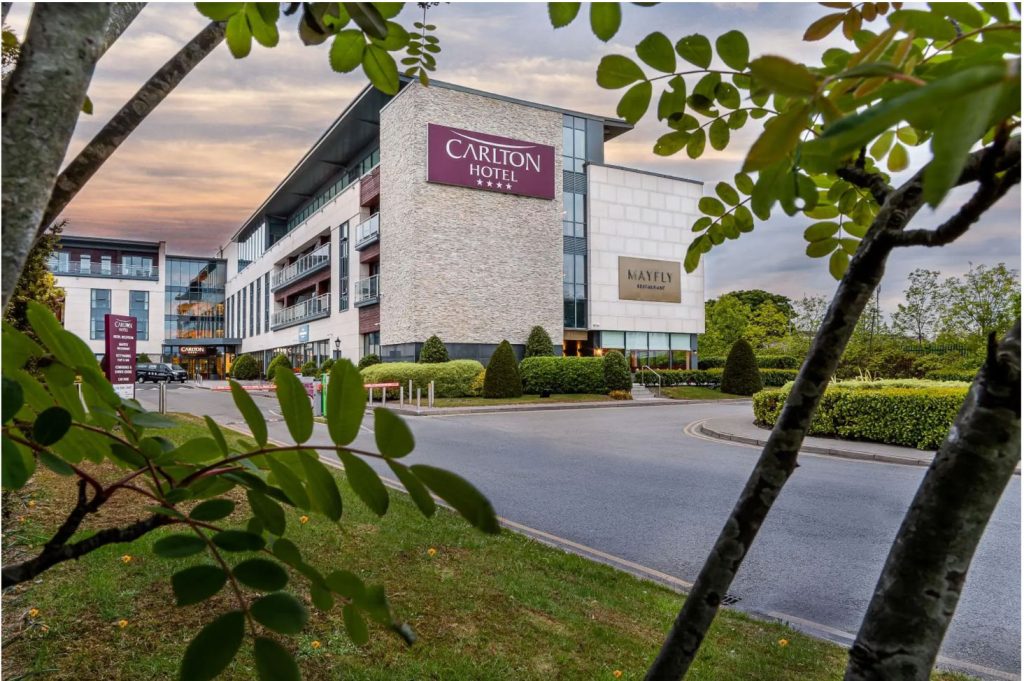
Gone are the days when hotel stays were just for holidays or business trips. Today’s short-stay guest might be a couple escaping routine, a solo traveler exploring the city between flights, or two professionals needing a few hours of rest and privacy. They’re not looking for souvenirs—they’re looking for space, safety, and spontaneity.
Short-Stay Travel Isn’t a Niche—It’s a Necessity
Whether driven by convenience, discretion, or affordability, short-stay bookings are rising across urban centers globally. Platforms like StayUncle in India, BYHOURS in Europe, and Recharge in the U.S. have validated a simple truth: Not all stays need to be overnight. And not all guests want to explain why they’re here.
The Rise of the “Purpose-Driven Guest”
These aren’t walk-ins. They’re intentional users—planning hours, not days. Data from BYHOURS shows 60% of users are working professionals using hotel rooms as day offices or layover lounges. In India, StayUncle’s popularity among young couples shows how urban hospitality is becoming a facilitator of freedom, not a gatekeeper of tradition.
They don’t need turn-down service or buffet breakfast. They want clean linens, good Wi-Fi, and peace of mind—for 3 to 8 hours.





1. Dayuse Hotels Middle East (Dubai, Abu Dhabi, Riyadh)
With the UAE and Saudi Arabia’s booming business hubs, international chains are adapting to day-use culture. Dayuse partners with Hilton, Sofitel, and Marriott in the region, offering executive rooms for meetings, layovers, or prayer breaks.
2. StayUncle, India
Known for pioneering couple-friendly day bookings, StayUncle transformed an entire taboo into a trusted service. Partner hotels now offer hourly slots, discreet check-ins, and safety guarantees—catering to guests who value privacy without judgment.
3. BYHOURS, Spain
With 3-, 6-, and 12-hour booking modules, BYHOURS lets users choose time blocks instead of check-in/check-out hours. It’s flexibility, redefined—especially for business travelers and airport-adjacent hotels.
4. Treebo Trend Hotels, India
Some Treebo properties now offer mini-stay rates via third-party partners, especially around transport hubs, catering to transit travelers, patients, and working professionals.
5. Dayuse.com, Global
A Paris-based leader in day-use bookings, Dayuse.com works with over 7,000 hotels across 25 countries—allowing guests to enjoy luxury properties for a few hours, with access to all amenities without the overnight commitment.
6. Nappr, Global
A U.S.-based platform that partners with brands like Marriott, Hilton, and Hyatt, Nappr offers flexible 2–12 hour stays across 29 countries. Its focus is seamless booking and check-in for business travelers and transit guests.
7. Brevistay, India
Operating across 200+ cities, Brevistay specializes in 3, 6, and 12-hour slots. Its user base includes young couples, working professionals, and medical travelers looking for flexible stays near hospitals and transport hubs.
8. MiStay, India
A major player in the Indian short-stay market, MiStay partners with hotels near airports and railway stations. Recently, it integrated with HyperGuest to streamline API-based hourly booking distribution.
9. BYHOURS Middle East Expansion
BYHOURS has extended its 3–12 hour stay model to the Middle East, especially in Dubai and Doha, where airport-adjacent hotels are embracing micro-stays to serve the surge of transit passengers and business travelers.
What Short-Stay Guests Really Want
Tech’s Role in Supporting Short-Stay Operations
Why It Matters
Short-stay guests might stay for hours, but their impact can be lasting:
A room booked for 5 hours, twice a week, can yield more revenue than a one-night weekend stay. And the brand loyalty built through respectful, flexible service? Priceless.
Conclusion: The Pause Is the Purpose
Today’s guests are not always checking in to escape—they’re checking in to engage. For a meeting. A recharge. A moment of togetherness. The hospitality brands that succeed won’t just offer rooms—they’ll offer refuge, freedom, and control.
The question is: Are you ready to host purposeful pauses—not just prolonged stays?